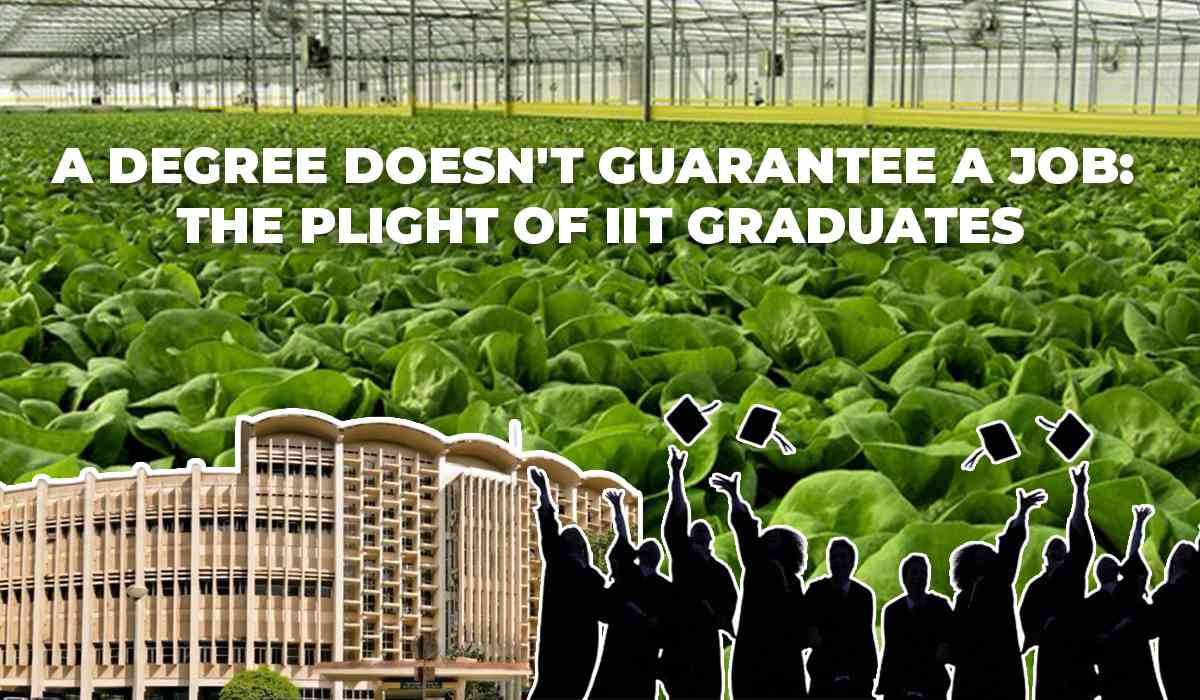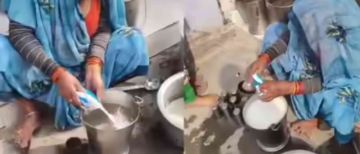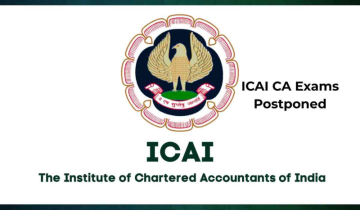The prestigious Indian Institutes of Technology (IITs) are synonymous with academic excellence and a promising future. While a significant portion of graduates secure lucrative placements, the 2024 season at IIT Bombay saw a concerning 36% leave without jobs. This can be attributed to a combination of economic slowdowns and companies being wary of pre-defined salaries. Even coveted fields like computer science and engineering faced challenges.

The Diverse Employment Landscape
While traditional industries seem to offer fewer guarantees, India's employment landscape is quite diverse. Agriculture and allied activities hold the distinction of being the sector with the highest employment rate (45.76% during 2022-23). However, this sector also faces its own challenges, including low wages and limited growth potential.
Urban Farming: A New Frontier Beckons
While traditional agriculture may not be the most attractive option for all, a new frontier beckons: urban farming. This rapidly growing trend presents a unique opportunity for these talented graduates.
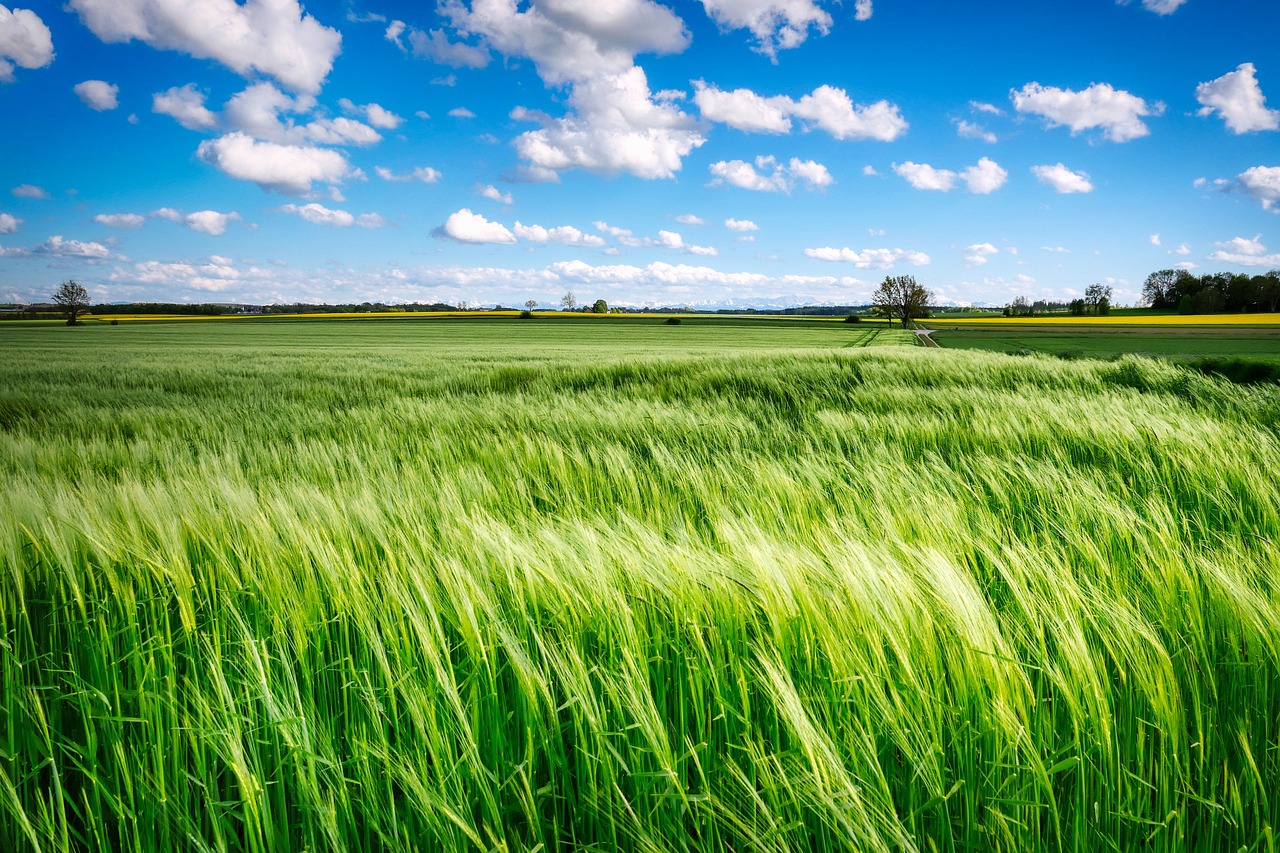
Why Urban Farming is a Perfect Match for IIT Graduates:
-
Innovation and Problem-Solving: IIT graduates possess strong analytical and problem-solving skills, perfect for tackling urban agriculture's challenges. Imagine optimising yields in limited spaces or developing sustainable water management systems using cutting-edge technology!
-
Technical Expertise Meets Entrepreneurship: The uncertain job market can foster an entrepreneurial spirit. With their technical expertise, IIT graduates can launch their own urban farming ventures, creating jobs and leveraging their knowledge in areas like vertical farming systems, hydroponics, or aquaponics.
-
Addressing Food Security with Impact: Urban farming can contribute to a more secure and sustainable food system within cities, a cause that aligns well with the desire to make a positive impact.
Urban Farming: Challenges and Opportunities
Urban agriculture isn't without its hurdles. High land prices, water scarcity, and the need for efficient water usage require innovative solutions. However, advancements in technology, such as sensor-based irrigation systems and smart monitoring, can significantly enhance urban terrace farming. Additionally, fostering community gardens can promote collaboration and knowledge sharing among urban farmers. Regulations, zoning restrictions, and potential pest control challenges in urban environments can be navigated with proper research and planning.
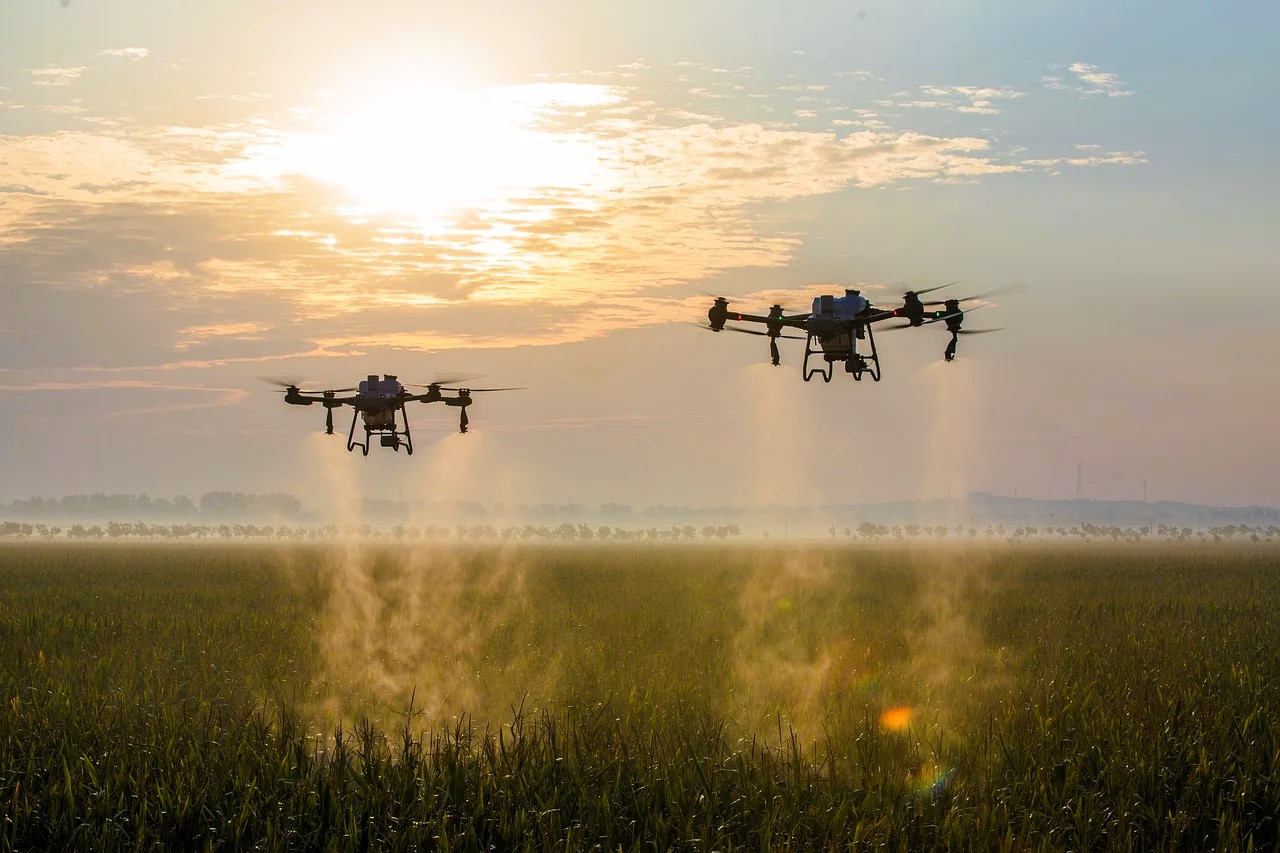
A Symbiotic Future for Graduates and Cities
Urban farming offers a compelling path forward. It addresses food security, environmental concerns, and urban well-being while simultaneously creating exciting opportunities for highly skilled graduates. As cities continue to grow, so must our methods of feeding their populations. Perhaps the fertile ground of urban farming presents a unique opportunity for these talented minds to apply their skills and ingenuity, forging a future that is not only sustainable but also solves the pressing challenge of graduate employability.
Taking the First Steps
Aspiring urban farmers can leverage online courses, workshops, and organisations dedicated to urban agriculture. Researching specific urban farming models and connecting with established urban farming initiatives can provide valuable insights and mentorship.
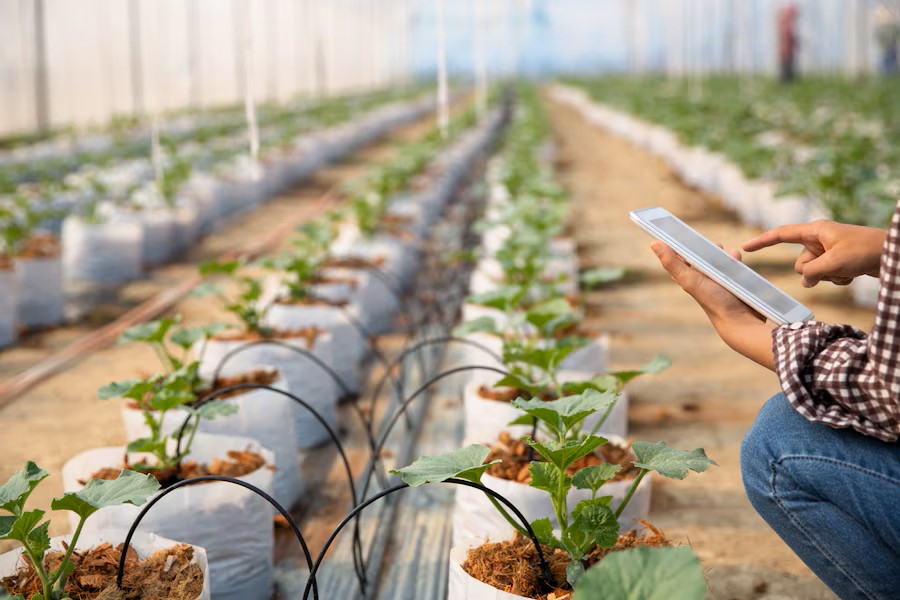
Embrace the Challenge, Shape the Future
With their intellectual prowess and a dash of innovation, IIT graduates have the potential to revolutionise urban agriculture in India. This path offers not just a viable career option but also the chance to create a lasting impact on our cities and food systems. Are you ready to take the challenge?
ⒸCopyright 2024. All Rights Reserved Powered by Vygr Media.

